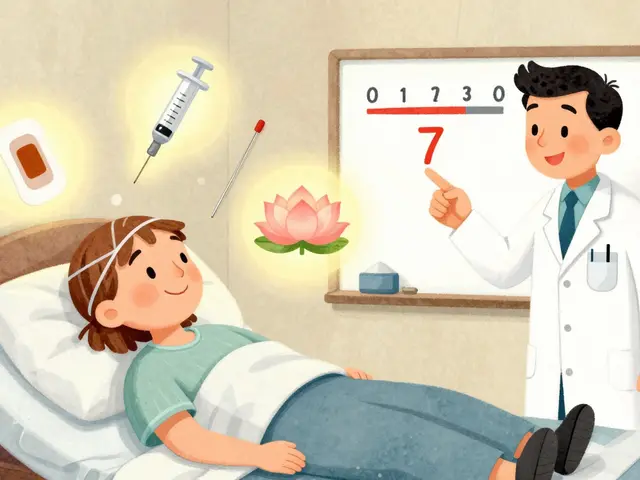Recurrent UTI: What’s Behind Those Constant Urinary Infections?
If you’ve ever dealt with a UTI that just won’t quit, you know the frustration. It’s not just an occasional sting – it feels like a cycle that keeps looping. The good news is that most repeat infections have clear reasons, and you can break the pattern with a few smart moves.
First, think of your urinary tract as a highway for urine. When bacteria slip in and find a cozy spot, they can grow fast and cause pain. Some people get a new bug every few weeks, while others keep getting the same strain because something in their body is giving it a free pass.
Why UTIs Come Back
There are three big culprits behind recurrent UTIs:
- Anatomy and hormones. Women have a shorter urethra, so bacteria travel a shorter distance. Hormonal changes during menopause or birth control can also thin the lining, making it easier for bugs to stick.
- Incomplete treatment. Stopping antibiotics early or using the wrong dose can let a few germs survive. Those leftovers multiply and cause another infection.
- Underlying conditions. Diabetes, kidney stones, or a blocked urinary tract create perfect breeding grounds. Even a small bladder issue can trap bacteria for weeks.
Knowing which of these applies to you guides the next steps. A simple urine culture can tell if the same bacteria are returning or if a new player entered the scene.
Practical Ways to Stop the Cycle
Here are everyday habits that actually lower the odds of a repeat UTI:
- Drink plenty of water. Aim for at least eight glasses a day so you flush out bacteria regularly.
- Don’t hold it. Going when you first feel the urge stops bacteria from sitting too long in the bladder.
- Wipe front‑to‑back. This tiny habit keeps fecal bacteria away from the urethra.
- Consider a low‑dose antibiotic after your first infection if you’ve had three or more in a year. Your doctor can prescribe a “post‑coital” or “prophylactic” regimen.
- Try a probiotic that contains Lactobacillus. It helps keep the vaginal flora balanced, which can block harmful bugs.
- If you’re on birth control, discuss alternatives. Some diaphragms and spermicides raise infection risk.
For people with structural issues, a short‑term catheter or a surgical fix might be necessary. Talk to a urologist if you’re over 40 and still see infections despite the above steps.
Finally, track what works. A simple notebook or phone note about fluids, symptoms, and any meds you take can reveal patterns doctors might miss.
Breaking the recurrent UTI loop isn’t magic; it’s a mix of proper treatment, lifestyle tweaks, and sometimes a deeper medical look. With the right plan, you can get back to feeling normal without the constant worry of another infection.

Norfloxacin’s Role in Treating Recurrent Urinary Tract Infections
- By : Tamsin Riverton
- Date : Aug 1 2025
Explore how norfloxacin works, when it’s suitable for recurrent UTIs, dosing tips, resistance concerns, and alternatives for safer long‑term care.




